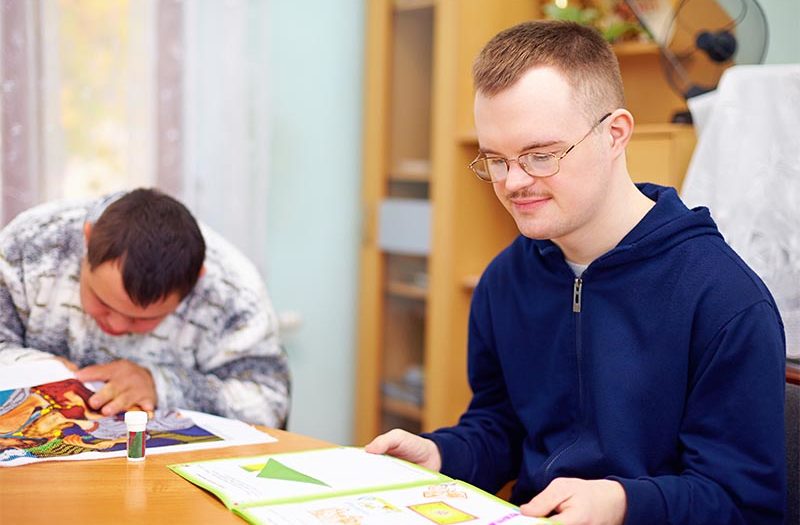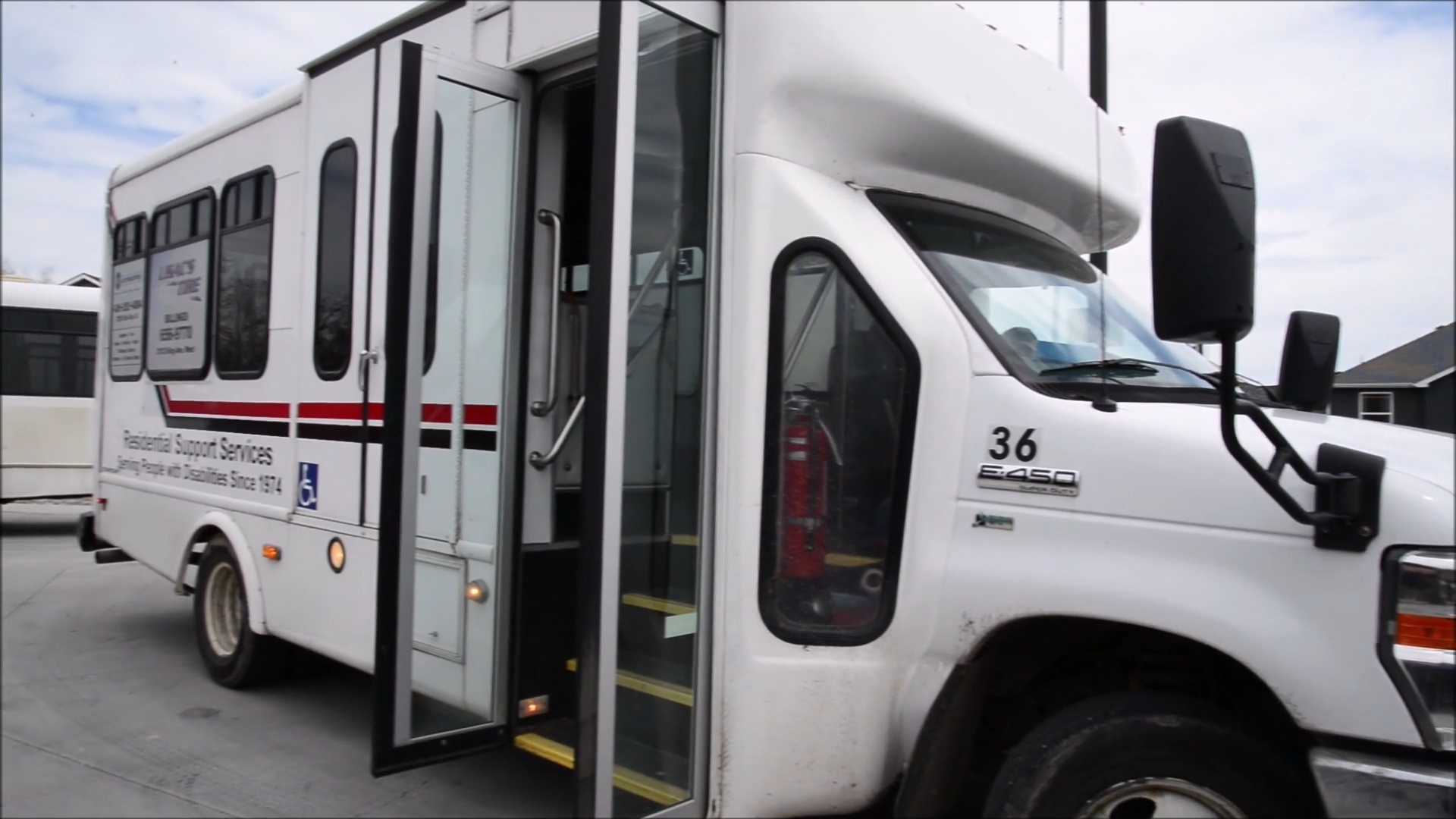Mentally disabled adults face some real issues with the availability of housing. Having a safe and secure place to live is something that is critical for those with mental health conditions and there is not always a great deal of housing available, particularly when it comes to assisted living. Sometimes affordable housing can be in hard to reach or unsafe areas. Although it may not be easy and may take some time to find the right home, different types of housing is available that will provide the services and support that is needed.
One of the biggest issues is finding affordable housing. Many areas have developed, over time, some sort of assisted living facility for adults facing mental health issues. These places a commonly geared for people with metal disabilities, homeless people, low income people, as well as the elderly. Depending upon where you live, you will find that the available choices and also the waiting lists, can vary greatly.
Your community should have a mental health agency of some sort, or a housing authority, social services, or other advocacy organizations. You can find a virtual list of Centers for Independent Living at http://www.virtualcil.net/cils/.
Other times, adults with mental disabilities simply need temporary housing. Every state has information available for temporary housing. Perhaps the best known agency is the U.S. Department of Housing and Urban Development, better known as HUD. You can find information listed through HUD by using this web address: http://portal.hud.gov/portal/page/portal/HUD/topics/homelessness/localassist
Homeless shelters are another option when it comes to finding emergency housing for adults with mental illness. Local governments, churches, and nonprofit groups will often times provide and run shelters as well as provide mental health counseling, among other things. Many shelters have various rules and regulations that require residents to be out of the shelter during the day and many times require them to be looking for work during that time. Homeless shelters are not always the most desirable options, but they provide a much needed service, per especially in emergency situations.
A bridge between homeless shelters and permanent housing can be found in many states. These are known as transitional housing programs. Programs such as this usually have requirements that the residents attend meetings and classes and follow all rules to remain in the program. Transitional programs are not always easy to find but they can be a great way to get out of a homeless shelter as soon as possible.
Permanent housing for adults with mental disabilities usually comes in the form of licensed care homes, assisted living facilities and group homes. These types of places provide highly structured environments for people with more severe mental issues or medical complications. They are usually staffed 24 hours and all meals are provided. Residents generally pay almost all of whatever type of income that they have except for a small allowance. Group homes are mostly designed to provide housing and various services combined, all under one location. Some may be designed for example, people who are both homeless and suffering from mental disabilities, and some may be for a specific demographic such as women with mental health conditions.
Residents of permanent housing facilities usually receive some kind of job training or life skills or both. Many times they also have access to 24-hour crisis support as well.
Supported housing is another form of permanent housing with the goal of working the residents into the community. You may be required to attend therapy sessions and such in supported housing, as well as other group activities. However, you are also given more choices and more autonomy in this type of setting. Residents of supported housing find themselves much more able to leave the housing and undertake some type of job or activity that makes them feel more a member of their communities, thus improving self esteem and sense of worth.
HUD has public housing program that is aimed at helping low-income families and people with disabilities as well. There are various requirements for eligibility and to find out more information for this program visit: http://portal.hud.gov/portal/page/portal/HUD/topics/rental_assistance/phprog.
Another useful organization is Hope Now-http://www.hopenow.com/ which is an alliance of counselors, mortgage companies, and investors. Hope Now provides resources for their groups and tries to facilitate conversation between them.
The National Housing Law Project is a law and advocacy center that specializes in helping low-income families with regards to housing. They are mainly designed with increasing the amount of and preserving the quality of affordable housing in mind, as well as improving current housing, expanding the rights of low-income tenants, and increasing opportunities for minorities. The website: http://www.nhlp.org/ includes an attorney/advocacy resource center as well as support and help for tenants, homeowners, and the homeless.









